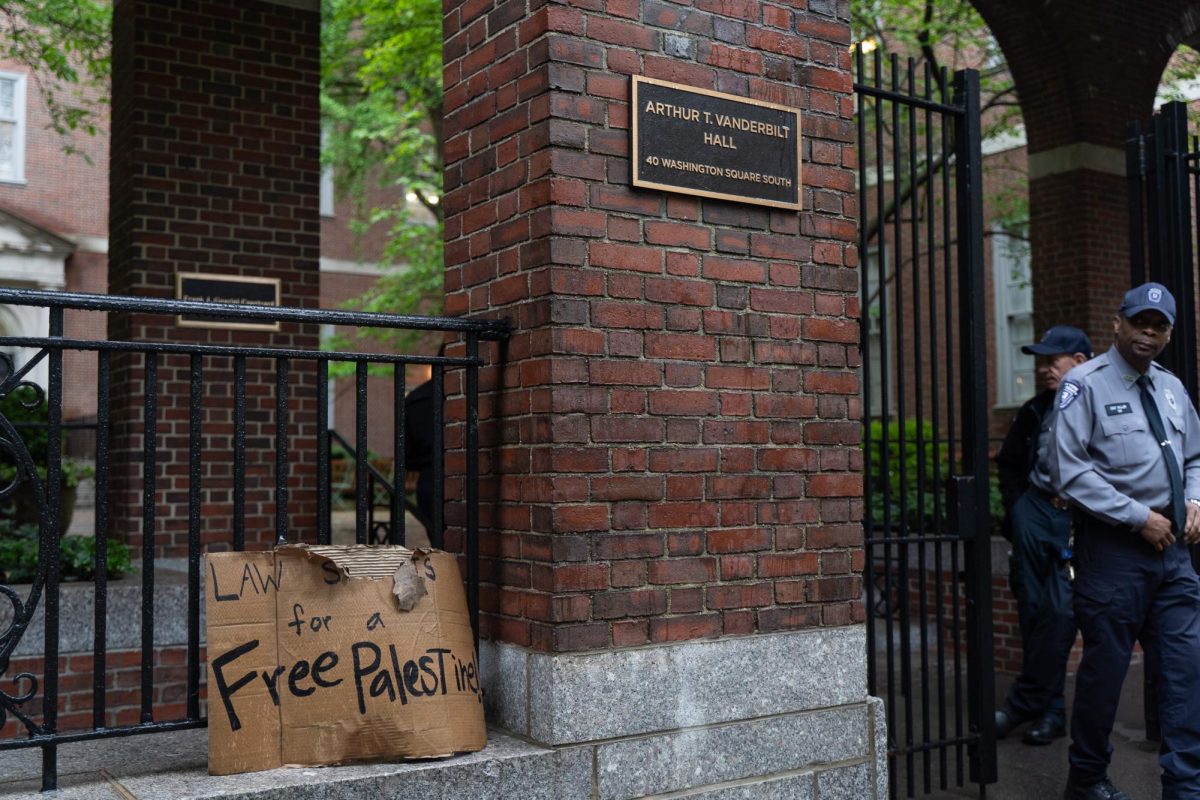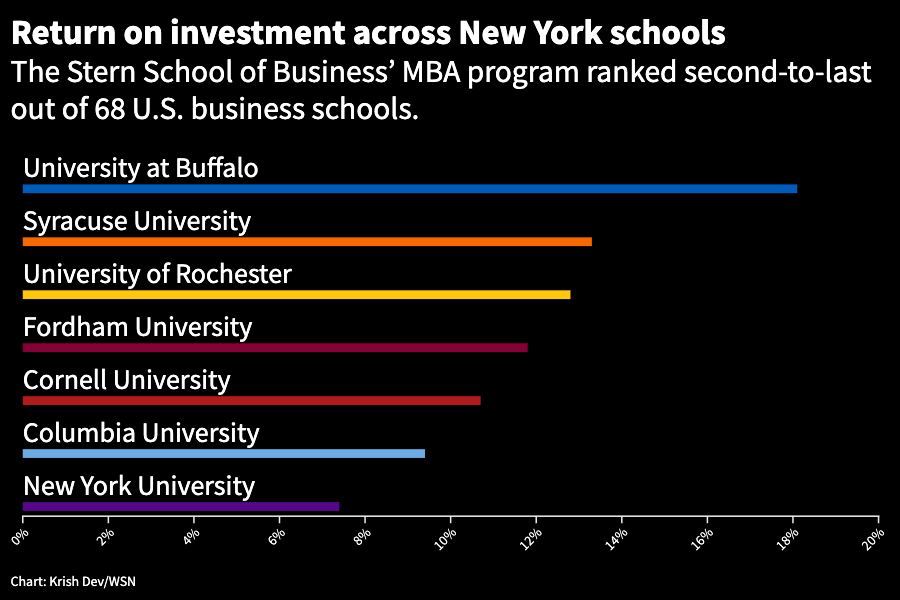Don’t Discredit This Opinion
February 20, 2018
Have you ever been in the middle of an argument, and after you make a really good point, someone says, “Well, that’s just your opinion.” Such occurrences depict an anti-opinion culture in a society that desperately needs opinions.
With President Donald Trump constantly labeling the media as fake news and an extremely polarized political climate pervading the United States today, opinions have started to be viewed as bias-filled lies that are irrelevant because they aren’t facts. Yet, only accepting the factual is extremely limiting. We as humans rely on our ability to interpret, perceive and infer in our everyday lives. So why are opinions — an extension of this interpretation — seen as unnecessary?
We rely on scientific theories, which are a form of opinion, to understand the world around us. A theory itself is defined as something plausible, a belief or an unproved assumption. Although we commonly draw a line between theories and other forms of opinion, what makes theories better isn’t the fact that they involve science.
The scientific method, which many may say distinguishes theories from other forms of opinion, is closely related to the philosophical study of deductive logic because both rely on a logical step by step process. However, such logic is applicable to all fields of study. It is not science that makes a theory reliable, but the presence of logic supported by a strong foundation of facts. These same criteria should be applied to judge opinions.
There are some opinions that do not hold themselves to such standards. One thing that dimishes the merit of an opinion is too much bias. Everyone has some bias, but minimizing personal bias when forming opinions is vital to creating an informed position.
Today, it is becoming increasingly common to label all opinions as biased. Multiple newspapers, such as The Baltimore Sun and the Los Angeles Times, have been criticized for being biased because they include opinion pieces in their publications. In response to these criticisms, these news sources ascertain that the news and opinion desks are kept separate. However, the LA Times goes further, making a distinction between opinion and bias. Opinions are judgements based off facts. Being biased means making judgements devoid of facts.
The importance of making this distinction is that if all opinions were disregarded as bias our society would be worse off. News provides facts, but opinions interpret them. What this interpretation does is allow us to better understand and develop our views on the world around us. As Josh Rivera writes in USA Today, “The news department has an important task, which is to write a first draft of history as it happens; the opinion pages shape how we look at our history.”
For a long time, newspapers have had the job of encouraging the development of ideas and the change which comes with them. Their opinions do not have to be taken as gold, but it is through our discussion of our beliefs and thoughts that we come to new conclusions. To continue to allow opinions to be stigmatized would be to enter a world in which understanding does not matter, where everything is simply accepted as is.
Opinions expressed on the editorial pages are not necessarily those of WSN, and our publication of opinions is not an endorsement of them.
A version of this appeared in the Tuesday, Feb. 2o print edition. Email Victor Porcelli at [email protected].



























































































































































